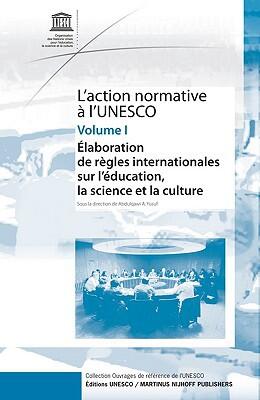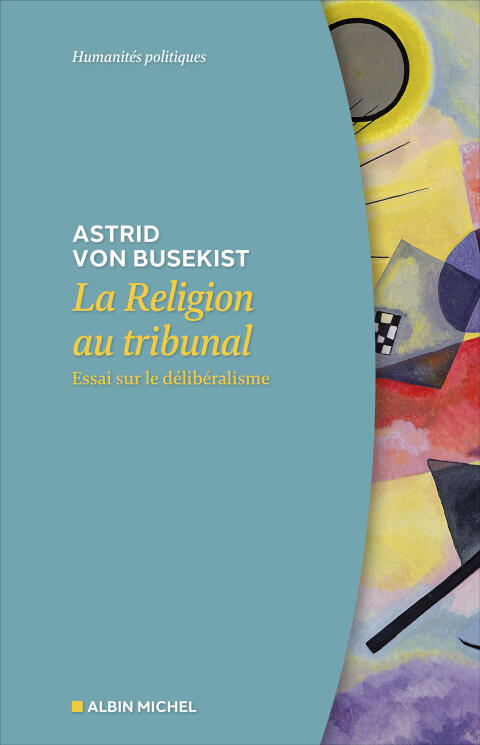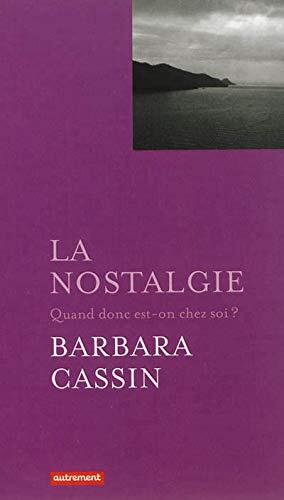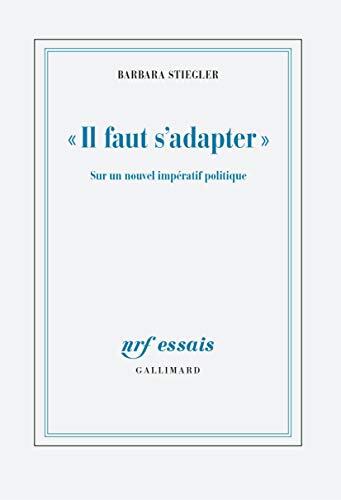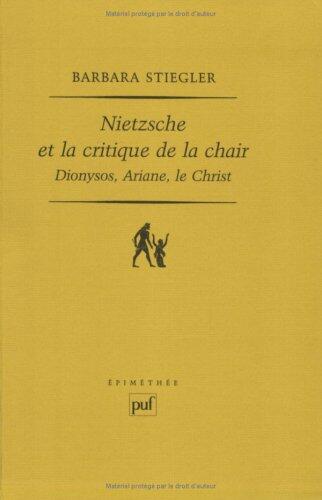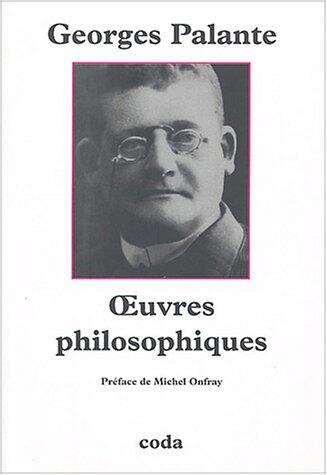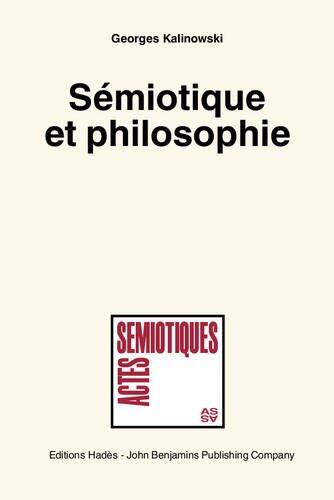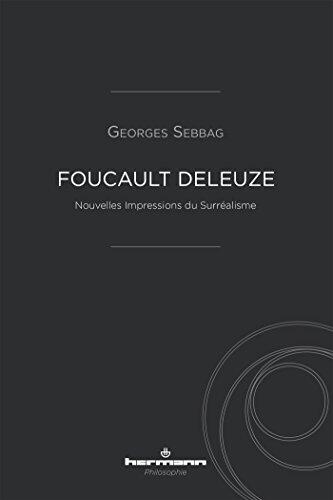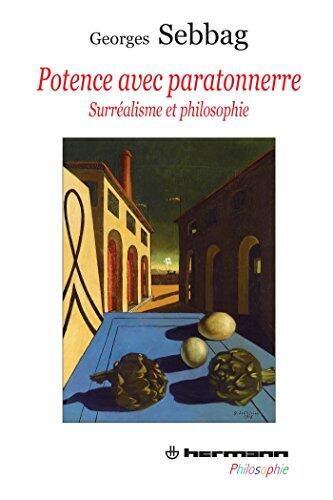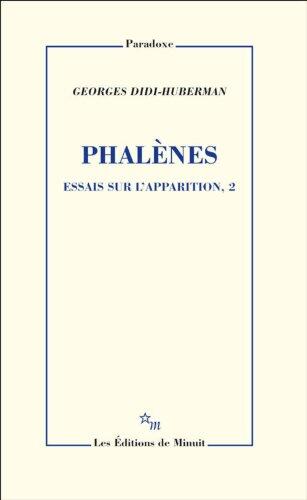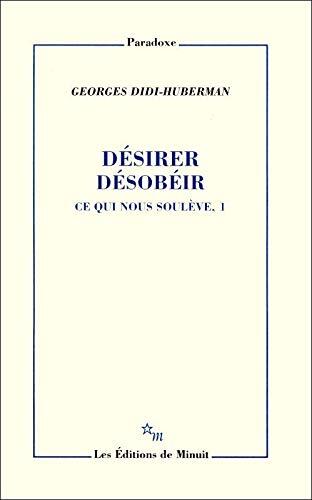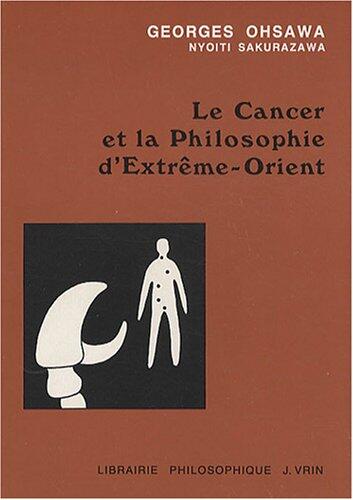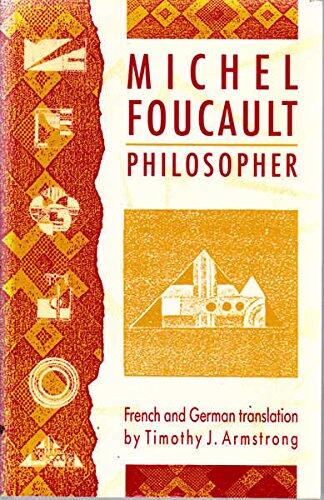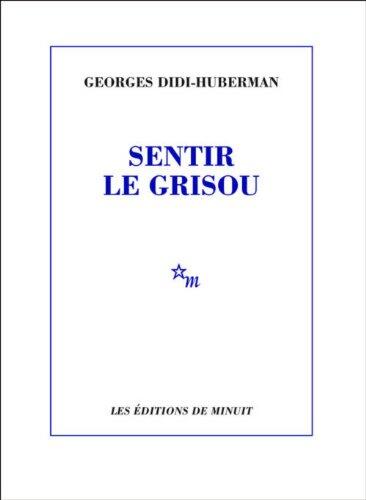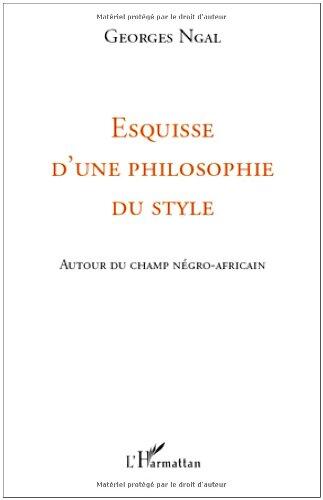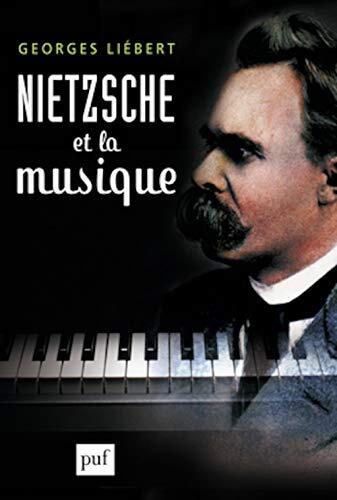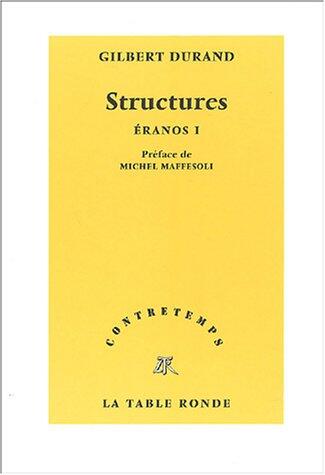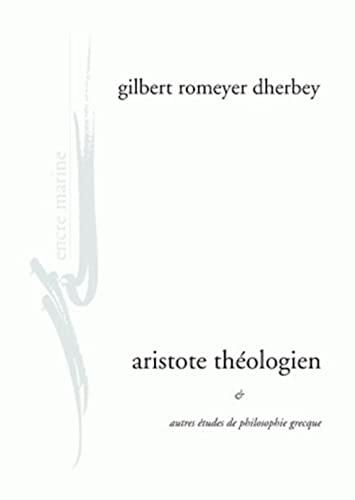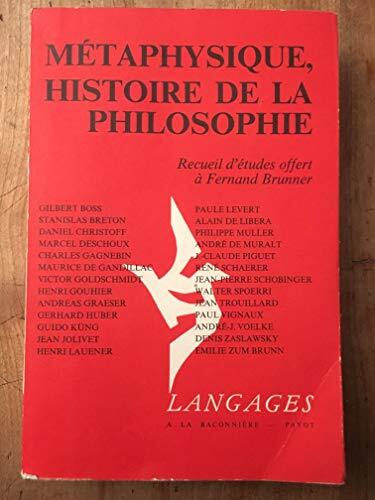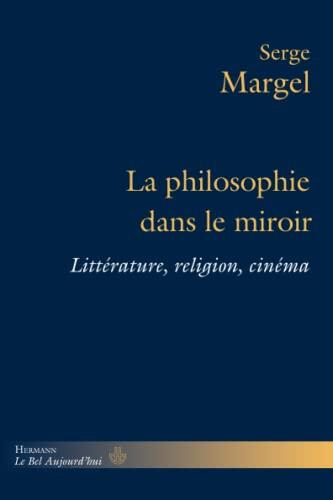
La philosophie dans le miroir: Littérature, religion, cinéma
بواسطة
Serge Margel
لا توجد تقييمات بعد
Philosophy
تنسيق
غلاف ورقي
صفحات
391
لغة
الفرنسية
منشور
Feb 22, 2023
الناشر
Hermann Glassin
الوصف
Serge Margel explores the intricate relationships between philosophy, literature, religion, and cinema in his compelling work. He delves into how these domains intersect, shaping and reflecting human thought and experience. Margel’s analysis prompts readers to reflect on how narratives in literature and film echo philosophical ideas, offering a rich tapestry of insights that transcend traditional boundaries.
Through careful examination, he reveals the philosophical undertones that permeate various art forms, suggesting that literature and cinema serve as mirrors to the complexities of religious thought. This interplay invites readers to consider the deeper meanings behind familiar stories, urging a profound understanding of the cultural and intellectual contexts that influence their creation.
Margel's writing is both accessible and thought-provoking, engaging those who seek to understand the undercurrents of meaning in the works they cherish. The examination of these themes invites readers to reconsider their interactions with literature and film, elevating their appreciation of the arts in the process.
Overall, this work is an invitation to expand one’s intellectual horizons, encouraging a dialogue between philosophical inquiry and artistic expression. Through this exploration, Margel presents a unique perspective that highlights the significance of these interconnected realms in shaping human experience.
Through careful examination, he reveals the philosophical undertones that permeate various art forms, suggesting that literature and cinema serve as mirrors to the complexities of religious thought. This interplay invites readers to consider the deeper meanings behind familiar stories, urging a profound understanding of the cultural and intellectual contexts that influence their creation.
Margel's writing is both accessible and thought-provoking, engaging those who seek to understand the undercurrents of meaning in the works they cherish. The examination of these themes invites readers to reconsider their interactions with literature and film, elevating their appreciation of the arts in the process.
Overall, this work is an invitation to expand one’s intellectual horizons, encouraging a dialogue between philosophical inquiry and artistic expression. Through this exploration, Margel presents a unique perspective that highlights the significance of these interconnected realms in shaping human experience.
